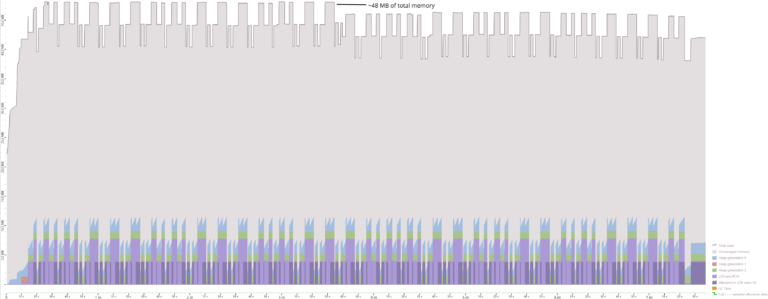Real-World Generative AI – Sprachzentrierte Anwendungen mit Large Language Models, Python & .NET
Menschliche Sprache als Universal Interface für Software-Lösungen - das hört sich spannend an! In diesem Workshop bieten Christian und Sebastian eine intensive Einführung in die Integration generativer KI und von Large Language Models (LLMs) & Large Multimodal Models (LMMs) in eigene Anwendungen. Mit Python und .NET APIs zeigen wir Ihnen, wie Sie das Potenzial von LLMs für verschiedene Anwendungsfälle ausschöpfen können. Dabei ist die Anbindung von Sprachmodellen jedoch grundsätzlich technologieoffen.
Im Zentrum stehen Architektur-Patterns wie In-Context Learning, Retrieval-Augmented Generation (RAG), Reasoning & Acting (ReAct) oder Agents. Diese Techniken sind entscheidend für die Entwicklung moderner, KI-gesteuerter Business-Anwendungen.
Für komplexere Anforderungen setzen wir SDKs wie z.B. LangChain und Semantic Kernel ein. Diese Frameworks eröffnen erweiterte Möglichkeiten für Textverständnis und -generierung, vor allem hinsichtlich langanhaltender Konversationen.
Wir geben auch einen Überblick über Cloud-basierte Lösungen, darunter Azure Open AI Service. Dabei gehen wir insbesondere auf die Möglichkeit ein, LLMs auf Basis von GPT-4 oder Mistral bereitzustellen und zu nutzen.
Lassen Sie uns gemeinsam pragmatische Ansätze zur Integration von Generative AI in Ihre Business-Anwendungen erkunden. Wir freuen uns auf Sie!
Event

Links & Materialien
Slidedeck
Weitere Artikel zu .NET, Generative AI, LangChain, LLMs, OpenAI, Python, Semantic Kernel


Data Access in .NET Native AOT with Sessions


Native AOT with ASP.NET Core – Overview


Incremental Roslyn Source Generators: High-Level API – ForAttributeWithMetadataName – Part 8

Integrating AI Power into Your .NET Applications with the Semantic Kernel Toolkit – an Early View


.NET 7 Performance: Regular Expressions – Part 2
In this second article of our short performance series, we want to look at the latter one of those problems.

